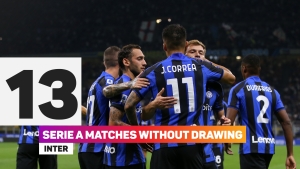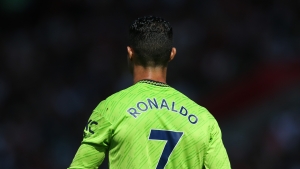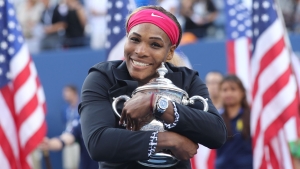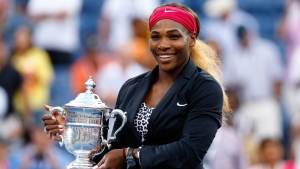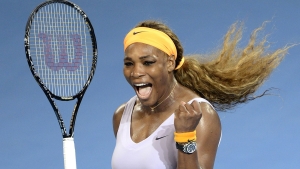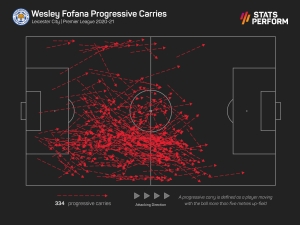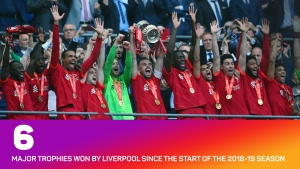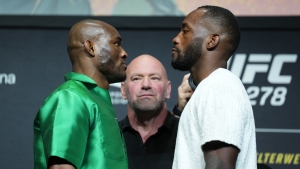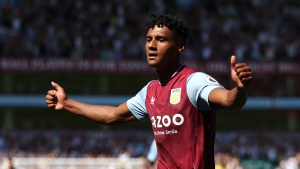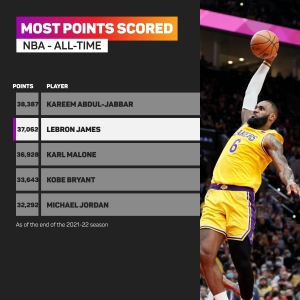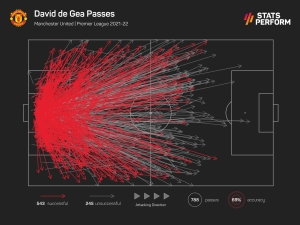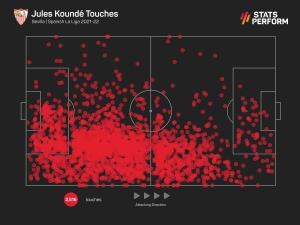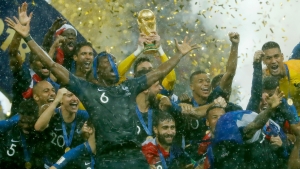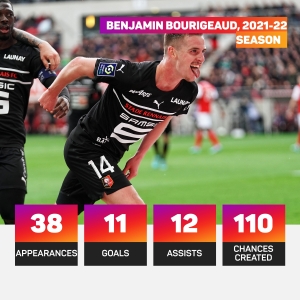At the age of 16, Serena Williams had a fairly confident grip on how the world saw her, and her older sister Venus.
"A lot of people think that black people can't rally, just think they're athletes and they can't think," Williams said at the 1998 Lipton Championships. "As you can see, that's not true. I can rally, Venus can rally."
And my word, how they could rally. As teenagers, then into their roaring twenties, onward into their thrilling thirties and even after turning 40.
Serena turns 41 next month and will retire after the US Open. She has been a title winner on tour in the 1990s, 2000s, 2010s and 2020s, a beacon to black youngsters with a dream everywhere.
It was a March day in Key Biscayne, Florida, when the teenage Serena floated her belief that racism was already circling the siblings.
She had just lost a deciding-set tie-break to WTA number one Martina Hingis in the quarter-finals of the Florida tournament, missing out on two match points. It was one of those occasions where Williams conceded she "could have rallied a little better".
The 40th-ranked youngster said she would "go home and work on that", and brushed off the missed match points by pointing out Pete Sampras had lost to Wayne Ferreira from the same position.
"Maybe I'm just like Pete. Maybe one day I'll be number one, too," Williams said, presciently.
Eighteen months later, she was the US Open champion, beating Hingis in the title match at Flushing Meadows. Bill Clinton, President of the United States, called after the match ended to offer his congratulations.
In that instant, the 17-year-old Serena said it felt "really amazing", but a day later her mood had darkened. Tennis life and fame was already proving wearing. Dad Richard had groomed the sisters for this life, but Serena, who had to give up her skateboarding hobby because of a wrist injury, realised she had left normal life behind.
"I mean, it's actually impossible for me to go out now," she said. "I can't go anywhere. From the beginning of the tournament, I just can't walk down the street.
"It's the same [at home]. You're driving, people honk their horns. It's actually kind of annoying."
Serena and Venus put up with garbage for many years. Whether it was horns honking, or critics honking, they were frequently served a raw deal.
At Wimbledon in 2000, it was tossed to Serena that "critics" were suggesting she and her sister might not be "as strategically aware as some of the other players", but that they were "incredible athletes with great bodies".
"We definitely have great bodies, yeah. Nice, slim, sexy shapes. They're right," Serena replied, unimpressed.
Later that year, after her US Open defence ended with a quarter-final loss to Lindsay Davenport, Williams discussed opposition to the prospect of sisterly dominance.
"I'm sure a lot of people never want to see an all-Williams final," said Serena. "It's going to happen in the future inevitably. Nobody's going to be able to stop it. Obviously, no one would want to see an all-Williams final because everyone doesn't really like us. That's just the way it is."
Those are depressing words to revisit, and they came as Davenport claimed Hingis had been urging her to beat Serena. Venus went on to beat Davenport in the final.
Yet, as Serena forecast, nobody could stop the sisters' march. Serena and Venus first matched up in a slam final in New York at the 2001 US Open, and Venus got the better of Serena.
They clashed again in five of six slam singles finals from the 2002 French Open through to Wimbledon in 2003, and Serena won every time. Across the next five years, she won a modest – by her astonishing standards – three further slams, but Williams was back at the height of her powers when she won both the Australian Open and Wimbledon in 2009 and 2010.
A near-disastrous accident said to have happened in a Munich restaurant, with Williams standing on some glass, followed just days after Wimbledon, and she did not play another slam until returning to London the following year.
It was there that Williams was handed a Court Two assignment for her second-round clash with a fledgling Simona Halep. I remember being on court that day, puzzled why this sporting colossus was sent out to a court that is seriously modest when matched up to Centre Court and Court One.
"They like to put us on Court Two, me and Venus, for whatever reason," Williams said afterwards. "I haven't figured it out yet. Maybe one day we'll figure it out."
It was put to Serena that the sisters might take it as an insult, given Novak Djokovic and Rafael Nadal tended not to be sent out to Court Two, an awkward spot in the grounds for superstars to reach without causing a fuss.
"Yeah, they're never moved across," said Serena. "I don't make it a big issue. I think at some point maybe I should."
She streaked together three US Open titles from 2012 to 2014, and further Wimbledon triumphs in 2012, 2015 and 2016. It seemed a matter of time before Williams went past Margaret Court's record 24 singles slams, removing any question mark over who is the greatest women's player of all time.
Slam number 23 arrived in Australia while Williams was in the early stage of pregnancy in 2017, and the birth of daughter Olympia was followed by another harrowing health scare.
Williams still reached four more slam finals, going all the way to the title matches at Wimbledon and the US Open in 2018 and 2019, but she could not land the elusive 24th. In fact, she did not win a set in any of those finals.
Defeat to Bianca Andreescu in the 2019 Flushing Meadows title match was hard to take, Williams acknowledged afterwards.
"I honestly don't think Serena showed up," said Williams. "I have to kind of figure out how to get her to show up in grand slam finals."
That was to be her last slam final, barring something most unexpected happening over the coming fortnight.
Serena saw room for improvement, but she 'showed up' more than often enough on the big stage.
She fought racists, sexists, ignoramuses and charlatans to get a foothold on tour, then made a mockery of the "black people can't rally" jibe.
Her 23 singles slams ranks as a record for the sport's Open Era. She has 365 grand slam match wins in singles, 59 more than second-placed Martina Navratilova.
It's one for every day of the year so far, but this great American will want more before that final farewell.
She announced her retirement in Vogue, a power move, just like having the likes of Beyonce, Jay-Z and Meghan Markle in her corner always was.
The pursuit of Court is up; just about, anyway. It probably helps that the likes of Billie Jean King and John McEnroe hold up Williams as the greatest of all time.
After her magazine piece, Williams spoke in Toronto about seeing "a light at the end of the tunnel".
"I can't wait to get to that light," Williams said, being serious but laughing hard.
What does it represent?
"Freedom," said Williams.
























